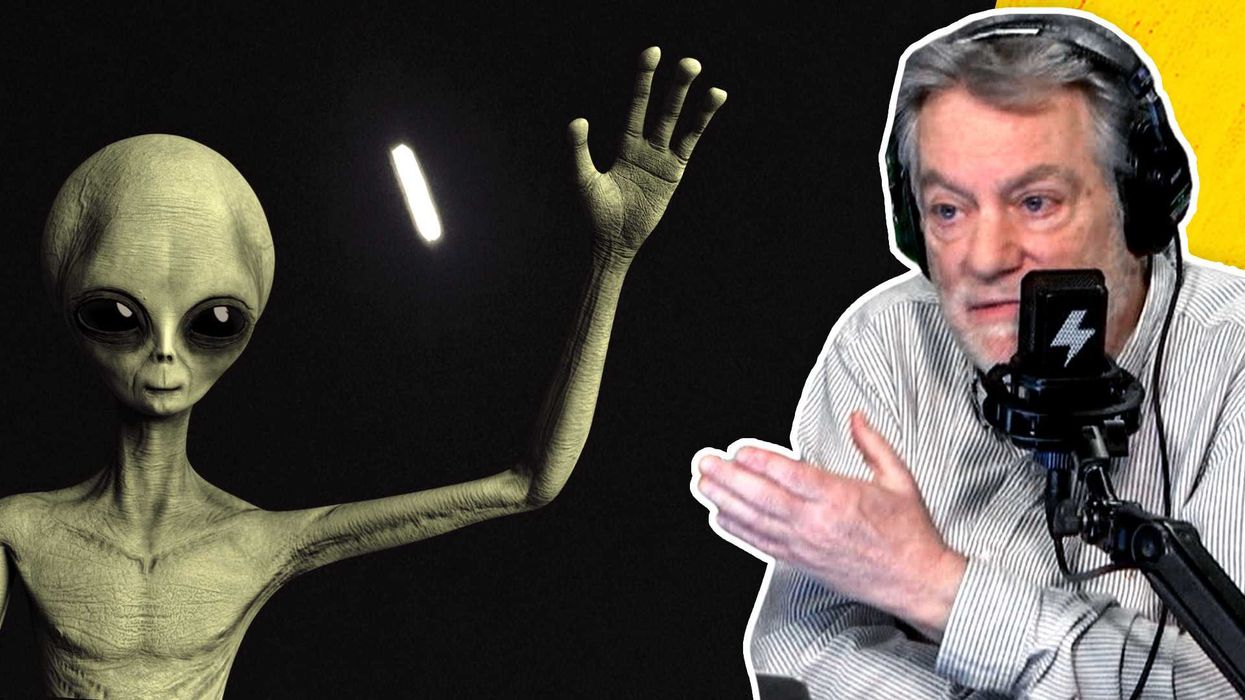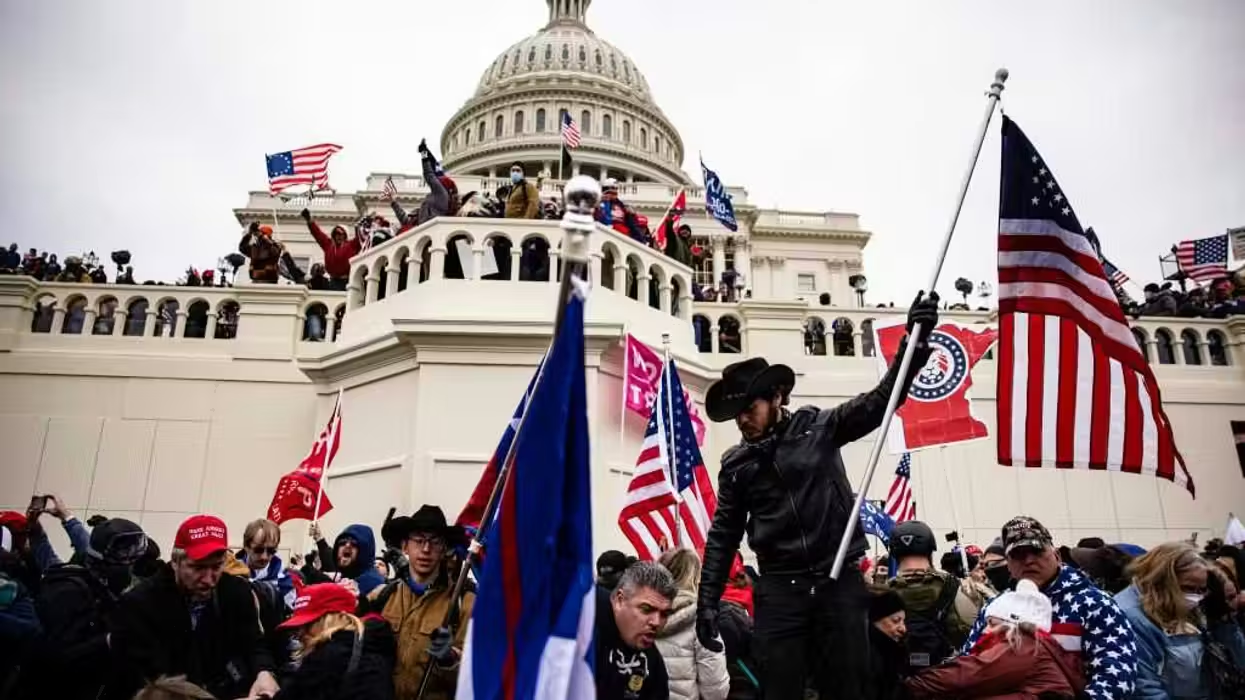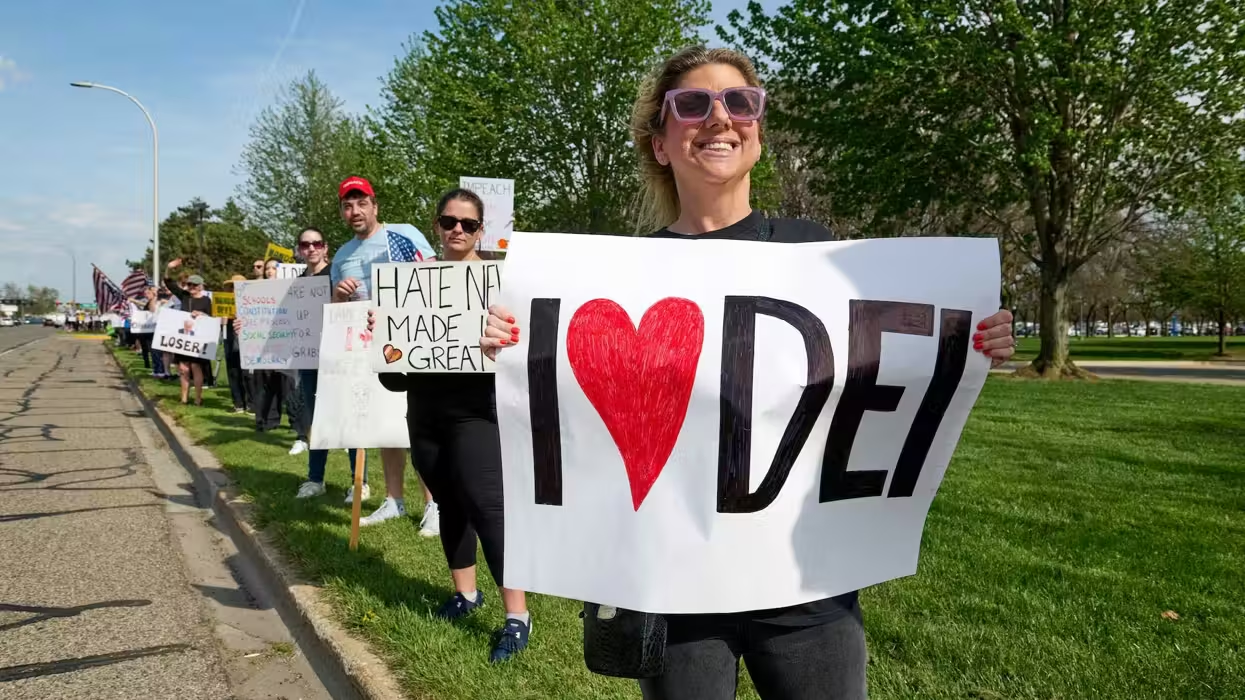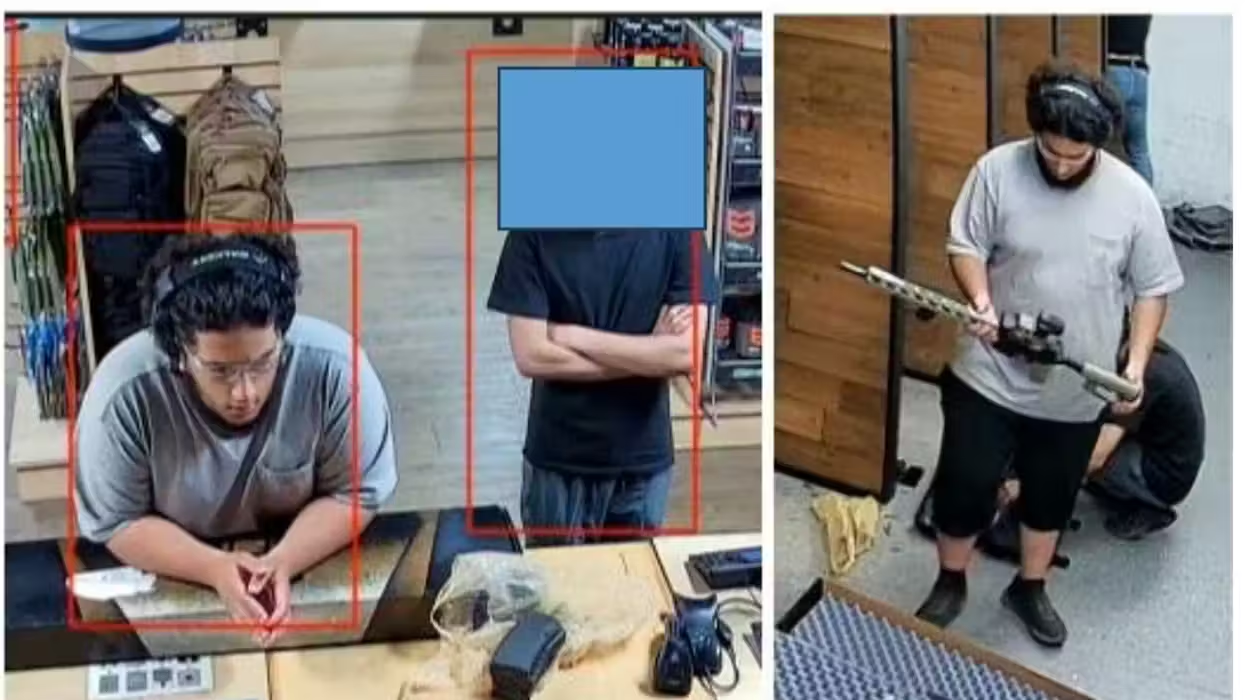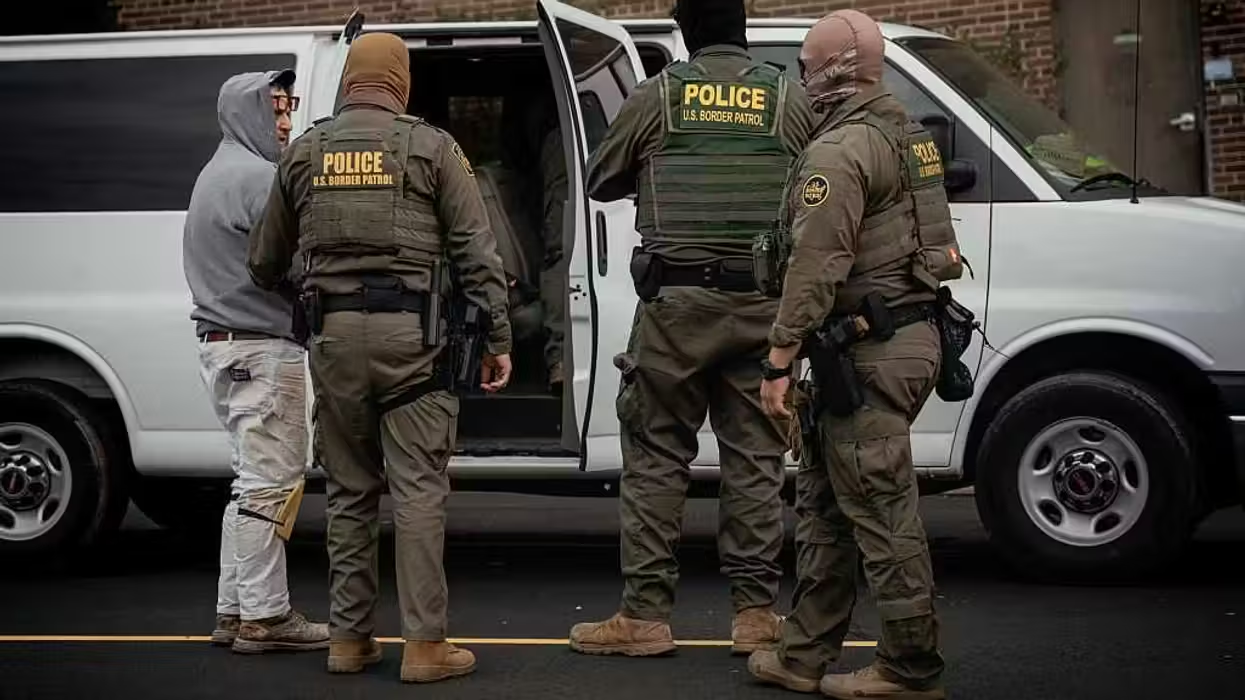Click here for more information on TheBlaze TV's new documentary, "The Project."
--
In the wake of the intense anti-American violence and protests that spread throughout the Middle East, the Obama administration, at moments, seemed reluctant to classify the murder of U.S. Ambassador Chris Stevens and related violence at the consulate as a pre-planned "terror attack" (or officials were, at the least, slow to do so).
While many initially blamed the anti-Islam film "Innocence of Muslims" for the anti-American sentiment, the notion that the Libyan incident was unrelated and pre-planned is gaining credibility. On Wednesday, Secretary of State Hillary Clinton suggested that the attack may have involved an al-Qaeda affiliate from North Africa. Her claim, which is captivating headlines, adds fuel to the notion that the attack could have been prevented and that the film didn't spawn the murderous rampage.

Clinton's remarks were made during a United Nations meeting about the current political scenario in parts of North Africa. TheBlaze has reported before about the deteriorating scenario unfolding in Mali, a hotbed of unrest, at the hands of Islamists. The New York Times has more about Clinton's claims:
Mrs. Clinton did not offer any new evidence of a Qaeda link, and officials later said the question would be officially settled only after the F.B.I. completed a criminal inquiry, which could take months. But they said they had not ruled out the involvement of Al Qaeda in the Islamic Maghreb — an affiliate of the international terrorist group with origins in Algeria — in an attack the administration initially described as a spontaneous protest turned violent.
Her remarks added to the administration’s evolving and at times muddled explanation of what happened on the evening of Sept. 11 and into the next morning. Republicans in Congress have accused President Obama of playing down possible terrorist involvement in the midst of a re-election campaign in which killing Osama bin Laden and crippling Al Qaeda are cited as major achievements.
"Now with a larger safe haven and increased freedom to maneuver, terrorists are seeking to extend their reach and their networks in multiple directions," Clinton said at the meeting, according to the Times. "And they are working with other violent extremists to undermine the democratic transitions under way in North Africa, as we tragically saw in Benghazi."

Clinton cited the attack on the American consulate in Libya as an example of the terror that is sweeping the region. While she's not the first individual from the administration to make the claim that the incident was rooted in terroristic action, she is the most prominent administration official to discuss an al-Qaeda affiliate being at the center of it.
"What is happening inside Mali is augmented by the rising threat from violent extremism across the region," she continued, going on to discuss the U.S.'s fears over terrorism in the region.
While many conservatives have stated that the Obama administration wasn't quick enough to label the attack for what it was -- terrorism -- The Christian Science Monitor provides a brief recap of how officials, of late, have been discussing and framing it (these accounts paint a starkly-different picture when compared to White House spokesperson Jay Carney's previous claims):
The White House last week said it was “self-evident” that the Benghazi attack was “terrorism,” but Republican critics have said the administration for too long attributed the attack to a spontaneous and unorganized mob. The firebombing of the poorly secured consulate resulted in the death of four US diplomats, including the US ambassador to Libya, Chris Stevens.
The head of the US National Counterterrorism Center, Matthew Olsen, also said in congressional testimony last week that the attack was “terrorism,” and he cited Al Qaeda. But he said only that information suggested individuals involved in the attack might have had some level of contact with Al Qaeda and its affiliates – in particular, Al Qaeda in the Islamic Maghreb (AQIM).
In his speech to the UN General Assembly Tuesday, President Obama said the attack on Benghazi was an attack “on America," and he said the US would be “relentless in tracking down the killers and bringing them to justice," but he provided no insight into who the killers were.

In Clinton's address, she was clear that the U.S. has had concerns about the region for some time, specifically noting that America's fears pre-date the September 11 attack on the Libyan consulate. To address the problem, the U.S. will expand counterterrorism efforts and partnerships in the region, she explained.
Over the past few weeks, the Obama administration has also faced criticism of whether the attack, itself, could have been prevented. Libyan President Mohammed Magarief has contradicted U.S. officials' statements that the video was at the center of the protests, claiming that it "had nothing to do with" the anti-Islam film.
He also noted, perhaps corroborating Clinton's claim of an al-Qaeda connection, that those who fired rockets and mortars seemed to have special training. Previously, Magarief stated that al-Qaeda may have been involved in the violence and Libyan officials say they warned the U.S. government of potential unrest days before the attack. The U.S. government, though, denied receiving credible intelligence informing them of anything along these lines.


